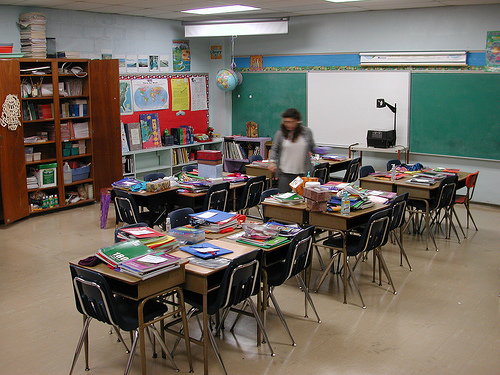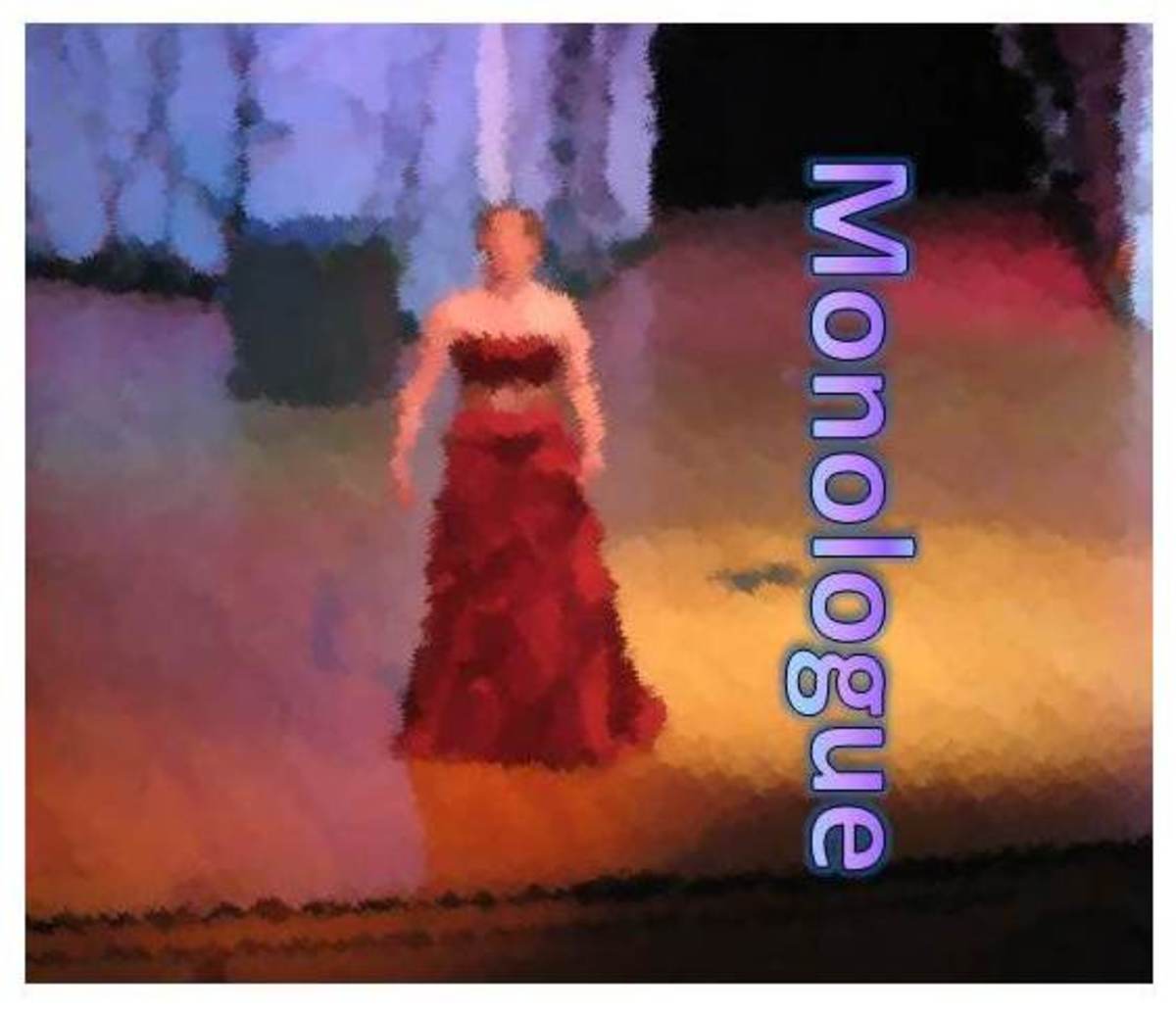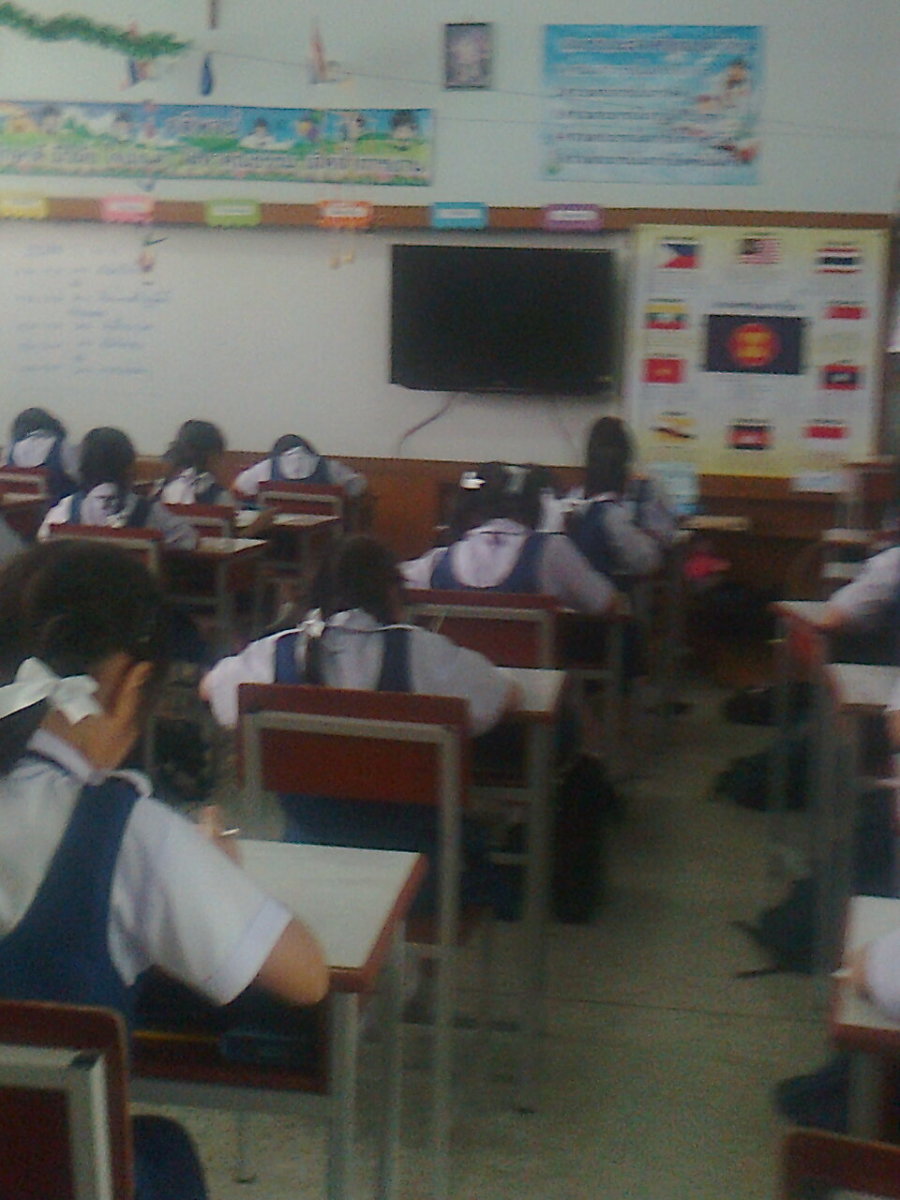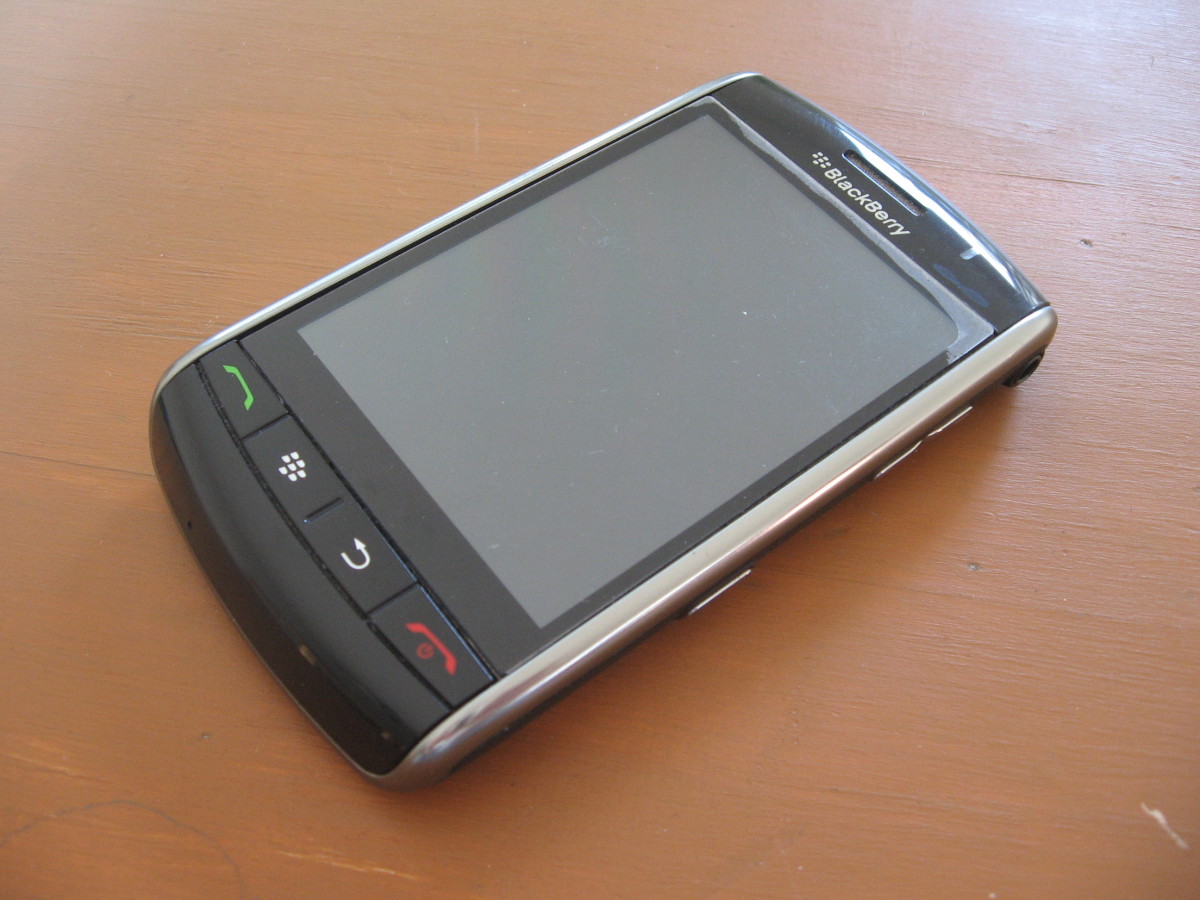Software marks essays

With software just like teachers, and software that almost supersede human's abilities, who would forsake the most advanced technology in order to expedite our life and dwindle our workload? Good tidings: all teachers can make use of computers to mark hoards of exam scripts and homework. You no longer need to sit down on that stiff chair and hold your red pen like a maniac marker all day long. You do not need to be flustered of making marking mistakes inadvertently. Many software have the faculty to mark thousands and millions of homework and exams in minutes and provide feedback on each student's performance. Teachers can now do more other work than the banal act of marking, which would make any person deranged if done ceaselessly.
Students can now answer questions using SAGrader, which deploys artificial intelligence to extract the meanings from their texts, analyzes them and gives the appropriate marks accordingly. SAGrader works best with subjects such as sociology, psychology, history and biology. It provides a medium where students can submit their work online under the stipulated time, and can grade more accurately than humans. SAGrader knows about writing skills, grammar, spelling, knowledge and logic; and it doesn't feed on anything to generate ATP, form new protoplasm, etc, unlike humans, save for a fee. Its brain is inconspicuous and impalpable, and it stays in the intricate Internet for as long as infinity. SAGrader compares itself with other other programs and touts its distinguishing competencies (no sarcasm here). Raved testimonials from teachers, students and researchers for this intelligent program abound.
SAGrader does have its usefulness. Students are improving their performance through this exploitation of technology and gain higher scores after each assessment. Teachers are feeling less stressful and can concentrate on teaching and teacher-student interactions. However, it also has its drawbacks. The tools often ignore the structure of an argument within an essay, instead rewarding students who pack information into verbose pieces that might seem redundant and pretentious to humans.
My point here is not to merely to talk about software. My point here is to highlight the distinction and the caliber of real humans, humans with the primordial feelings and consciousness that no other things and animals can vie with. How can we possibly recreate a brain with all the natural neurons in it? How can we, zooming in, recreate a neuron? A neuron, so small yet so significant, cannot be belittled. Recreating a neuron and the whole nervous system to be built into machines and contraptions is quixotic. This is ever more the true when computers cannot possibly mark Pure Mathematics exams. We can triumph over nature now, evidently, but we cannot triumph over our very own selves. Software does facilitate our lives, but somehow bugs still appear. I am not a Luddite by the way. I am expressing my views here because I care for the world. I am thankful for technology, the technology I am using now to toast my bread, to watch movies, to type this Hub. But I cannot trust technology that replace human's sacrosanct abilities too much, especially for teachers. Teachers are here to help and edify students.
As long as teachers can have a balance in using software, then exams and homework can be more fruitful. I suggest using software to mark the Multiple Choice Questions, and the rest - essays, structured questions, and very importantly, oral, verbalized exams, are to be marked and assessed by human teachers alone. With that, I look forward to what might come.







